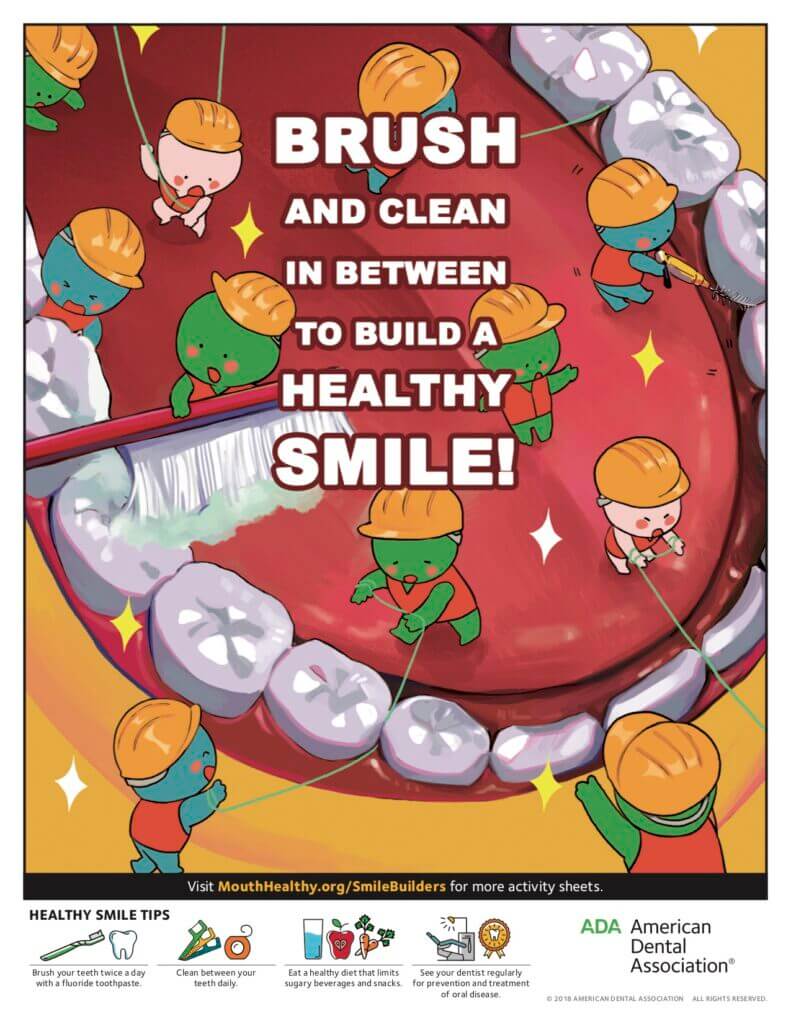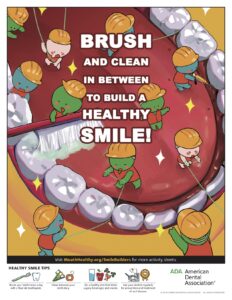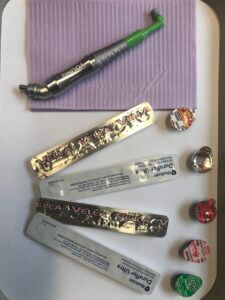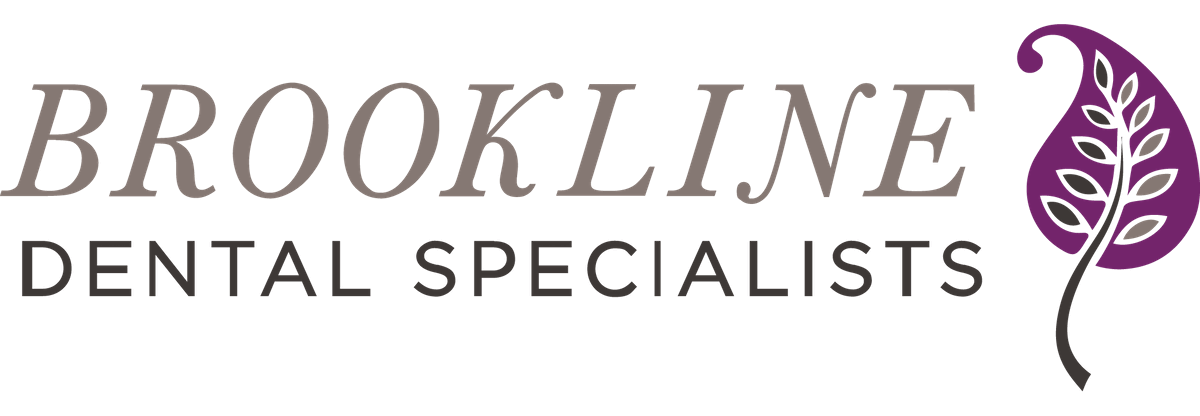

After teeth appear, fluoride applied topically on the surface of teeth can rebuild weakened enamel and even reverses early signs of tooth decay. When you brush your teeth with fluoride toothpaste, or use other fluoride dental products like rinse. Fluoride in foods and water continues to provide topical benefits because they mix with your saliva, and constantly bathe the teeth with fluoride which strengthens the tooth enamel.

Parents should know that tooth decay is highly preventable. These recommendations are all things you can do to get your child off to a great start with good dental health.
Regularly scheduled dental checkup
The American Academy of Pediatric Dentistry recommends that parents schedule their child’s first visit to the dentist when the child turns one year of age. First birthday equals first checkup. However, if a parent detects discoloration or staining, they should schedule an appointment right away.
Brush and floss twice each day

Limit sugary treats and drinks
This includes avoiding juice between meals. The U.S. Department of Health and Human Services recommends limiting juice to four to six ounces per day. Parents can also replace sugary treats with healthy snacks such as cheese, yogurt, and fruit.
Make sure your water has fluoride
Fluoride helps teeth resist acid attacks by strengthening tooth enamel. If your local water supply does not have fluoride, talk to your dentist about fluoride drops or tablets.
National Children’s Dental Health Month is a great time to remind parents that it’s never too early to start your child on the path of good dental health. Habits developed early will become lifelong healthy ones!
